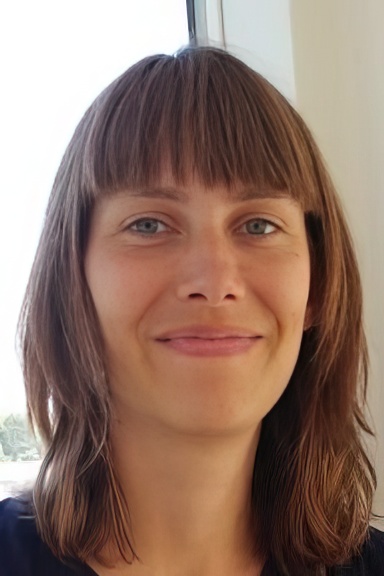New project will identify dark DNA
Assistant professor Eva Egelyng Sigsgaard receives DKK 2,879,406 within the Inge Lehmann program from Independent Research Fund Denmark. The grant will support a project that can streamline environmental monitoring by means of previously unidentified DNA sequences.

Congratulations to Assistant professor Eva Egelyng Sigsgaard, who has just received almost DKK 3,000,000 to strengthen the possibilities for environmental monitoring using DNA. During the project, she will collect extensive volumes of data and identify environmental DNA from previously unidentified animal species
"In recent years, DNA from environmental samples, such as water samples, has increasingly been used for monitoring animal species, as the method is less invasive and more effective than traditional methods. However, most environmental DNA sequences cannot be determined to species, as many species are still undescribed or have not been DNA sequenced. The undetermined DNA sequences are called "dark species", and since they have no species name, it is difficult to gather knowledge about their biology," Eva Egelyng Sigsgaard explains.
In the project, she will name these dark animal species with unique numbers, as is done for bacteria and fungi. Subsequently, together with her team, she will collect data across scientific studies about the environmental conditions in the places where each dark species has been found.
"In this way, we hope to identify many new indicator species that can be used to better assess the ecological condition of areas. It will be exciting to make greater use of the information hidden in the dark species and to make this information easily accessible to everyone - together with my collaborator from the University of California,” she says.
The project is carried out under the Inge Lehman program from Independente Research Fund Denmark. The purpose of the program is to strengthen talent development in Danish research and to promote a more equal gender balance in Danish research environments with a focus on the career stages where inequality sets in. Read more about the 28 Inge Lehmann projects here: https://dff.dk/forskningsprojekter?period%3Alist=all&instrument%3Alist=s7hxawmh1p&filed_method%3Alist=all&SearchableText=